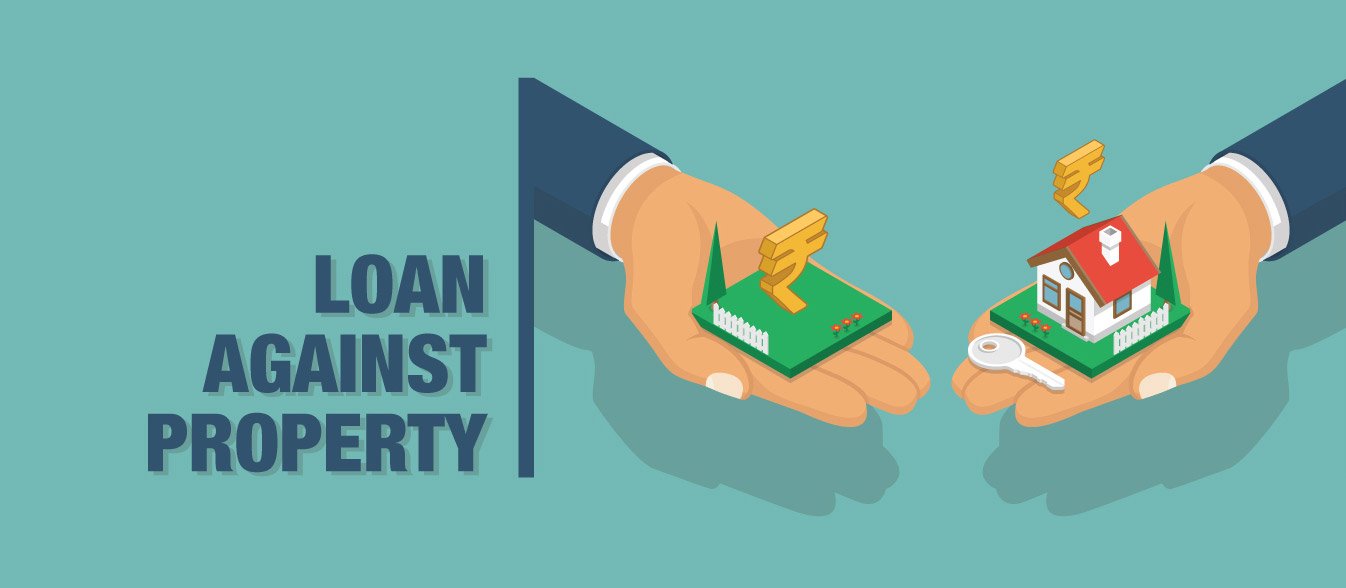Shield Your Credit: Essential Steps to Prevent Fraud
Protecting your credit is like safeguarding a treasure chest. It holds the key to your financial future, enabling you to
Protecting your credit is like safeguarding a treasure chest. It holds the key to your financial future, enabling you to
Thinking about taking your business to the next level? A business loan might be just the ticket. But like any

Securing a Loan Against Property (LAP) can be a significant financial undertaking, and understanding the processing time is crucial for
Thinking about refinancing your home loan? Ever heard of a HLART? It might sound like something out of a sci-fi
Starting a business can be exhilarating, but securing the necessary funds can be a hurdle, especially if your credit score
Getting a business loan can feel like navigating a maze, right? So much paperwork, so many requirements. It can be
In the world of finance and accounting, maintaining accurate records is paramount for businesses of all sizes. For business owners
The construction industry is heavily dependent on advanced machinery and equipment to ensure smooth operations. Whether it’s an excavator, crane,
A business loan provides the necessary financial support to expand operations, manage working capital, or purchase assets. However, if a
In today’s fast-changing financial landscape, businesses require timely funding to sustain and grow. Business loans have become a necessity for

Join us on social media for exclusive financial tips, engaging informative videos, and expert advice to manage your finances better. Follow us for the latest updates today!
Subscribe for tips on improving your credit score, expert advice on various loans, Stay updated with the latest industry news and trends.
Since 2012. We are West Bengal’s most reliable loan agency. Contact us today to achieve your financial goals.
Images Credit: Images by storyset on Freepik.
© 2025 Creditcares. All Rights Reserved. | Terms & Conditions – Privacy & Policy | Sitemap